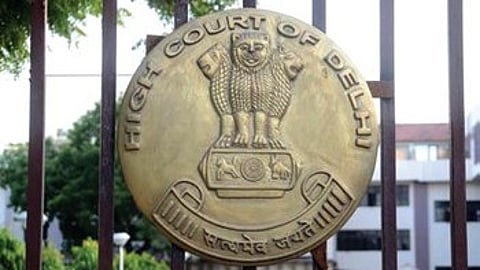

NEW DELHI: The Delhi HC has raised concerns over investigating agencies indiscriminately freezing the bank accounts of innocent traders while probing cyber fraud cases. It emphasised that such actions often penalise unsuspecting recipients of disputed funds, causing severe financial hardship.
Justice Manoj Jain noted, “In cyber-crime investigations, when fraudsters use illicitly obtained money to make purchases, the police trace the money trail and freeze all related accounts. However, this results in many innocent individuals suffering, despite having no involvement in the crime.”
In light of this, the court urged the Union Ministry of Home Affairs to consult stakeholders and formulate a Standard Operating Procedure (SOP) to ensure that such cases are handled with greater care and fairness. The court was hearing a petition from a logistics company whose bank account, holding a withdrawable balance exceeding Rs 93 crore, was frozen over a minuscule entry of just Rs 200.
During the proceedings, the account was eventually de-frozen, with only the disputed amount being marked with a lien. This case reflects a broader issue frequently appearing before the court. In a recent case, Pawan Kumar Rai vs. Union of India, the court ordered the de-freezing of a small-scale vendor’s account, which had been frozen over an alleged cyber fraud of just Rs 105.
The court criticised the indiscriminate approach of investigating agencies, stating, “While the police have the authority to issue such directives, they must provide justification for their actions. Freezing accounts without reason can wreak havoc on account holders’ financial stability. For small vendors, it can threaten their very livelihood.”
The court further noted that in many cases, the affected individuals are not suspects but unintended beneficiaries of fraudulent transactions. It suggested that instead of blanket freezing, agencies should consider marking a lien only on the disputed amount.
“Whenever the fraudulent sum can be identified, marking a lien should be the preferred interim measure. This would prevent undue hardship while ensuring that the misappropriated funds remain secured,” the court said. This view aligns with the Kerala HC’s ruling in Dr. Sajir vs. Reserve Bank of India (2023), which directed banks to limit freezing orders to the specific amount involved in a cyber-crime case.